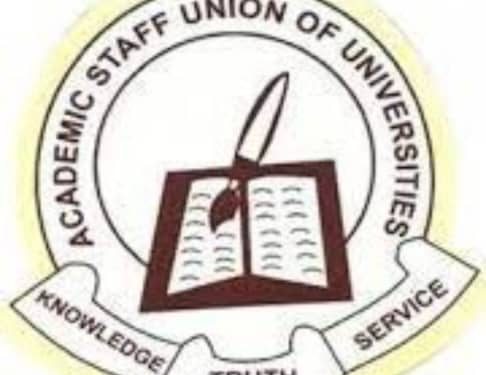By Kiso Simon
The ongoing warning strike by the Academic Staff Union of Universities (ASUU) has entered its eighth day, reigniting public concern over the persistent neglect of Nigeria’s education sector.
What is happening today is a result of years of government disregard for education and the welfare of university teachers. The supposed “light of the nation” education is dimming, and with it, the hope for national development.
ASUU’s struggles did not begin today. The union evolved from the Nigerian Association of University Teachers (NAUT), which was established in 1965 to represent academic staff at the University of Ibadan, University of Nigeria Nsukka, Ahmadu Bello University Zaria, University of Ife (now Obafemi Awolowo University), and the University of Lagos.
While NAUT focused mainly on improving the welfare of its members, it rarely took firm positions on national issues. However, in 1978, amid economic decline following the oil boom, ASUU was formed to address not only academic welfare but also national development concerns.
During the military era, academic freedom and university autonomy suffered greatly. Funding for education dropped drastically, and universities faced decay. By 1980, ASUU had become more radical, confronting undemocratic policies and defending workers’ rights.
The Historic 1988 ASUU Strike
The 1988 strike marked a turning point. It was triggered by the harsh effects of the World Bank and IMF-imposed Structural Adjustment Programme (SAP) and the federal government’s refusal to implement the Elongated University Salary Scale (EUSS).
ASUU’s demands included:
.Implementation of the EUSS
.Establishment of a joint negotiation committee between the federal government and university unions
Full university autonomy
In response, the then military government under General Ibrahim Babangida banned ASUU on August 7, 1988, with Prof. Jibril Aminu as Minister of Education. The government seized ASUU’s properties and detained key leaders, including Dr. Attahiru Jega (then president) and Dr. Festus Iyayi.
Though the strike was crushed, the struggle continued a fight not just for lecturers’ welfare, but for the soul of Nigeria’s higher education system.
The 2006–2009 Negotiations: Hopes Raised, Hopes Dashed
In December 2006, the then Minister of Education, Dr. (Mrs.) Obiageli Ezekwesili, inaugurated a renegotiation committee between the Federal Government and ASUU, led respectively by Deacon Gamaliel Onosode (OFR) and Dr. Abdullahi Sule-Kano.
The focus areas included:
.Revitalization of university infrastructure
.Improved staff welfare
.Reversing brain drain by enhancing remuneration
.Restoring university autonomy and academic freedom
This process culminated in the FGN-ASUU Agreement of 2009, which promised to address systemic rot in the education sector. Sixteen years later, little progress has been made.
A Sector in Decline
Despite repeated government assurances, most Nigerian universities remain underfunded. Laboratories and libraries are outdated, some by more than a decade, making cutting edge research almost impossible.
Meanwhile, the remuneration of Nigerian university lecturers lags far behind their counterparts in other African countries. The result has been mass migration of academic talent the very “brain drain” the 2009 agreement sought to reverse.
The Way Forward
If Nigeria truly desires development and global recognition, education must be treated as an emergency priority. Adequate funding, respect for agreements, and improved working conditions are essential to restore confidence in the university system.
A nation that neglects its universities risks losing its future.













